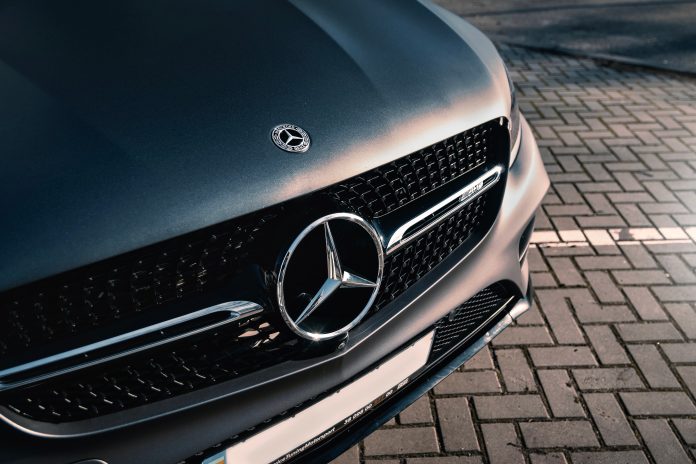Mercedes-Benz encountered a difficult 2024 as its core car sales dropped 3% year-over-year to 1,983,400 vehicles, driven by significant challenges in the Chinese and European markets. Despite the overall decline, the German luxury automaker reported a 34% surge in quarterly sales for its high-end luxury vehicles, providing a rare highlight amid a tough economic landscape.
Key Takeaways:
- Sales Performance:
- Total annual car sales declined 3% from 2023 levels.
- The Chinese market dropped 7%, while Europe saw a 3% reduction in sales.
- Fourth-quarter sales increased 1% year-over-year, boosted by a 3% rise in its core car unit for October-December.
- Luxury Segment Success:
- Quarterly sales in the top-end luxury segment grew 34%, a significant rebound after underwhelming third-quarter results.
- BEV Sales Slump:
- Annual battery-electric vehicle (BEV) sales fell 23% to 185,100 units, adding pressure as stricter EU CO2 emission targets take effect. Mercedes risks costly pooling deals or fines if BEV sales don’t recover.
Financial outlook:
According to Mercedes, the company cut its full-year profit margin target twice in 2024 and announced plans to intensify cost-cutting measures. In addition, the automaker signaled a reduction in mid-term profitability targets due to persistently challenging market conditions, particularly in China.
Despite these hurdles, Mercedes-Benz stock rose 4% following the announcement, outperforming the German DAX index. Analysts credited the recovery in luxury vehicle sales for supporting optimism about sequential earnings improvement.
Looking ahead, the automaker is expected to release its full-year 2024 financial results on February 20. With ongoing economic headwinds and BEV challenges, all eyes will be on Mercedes’ strategy to regain momentum in its core and electric vehicle segments.



